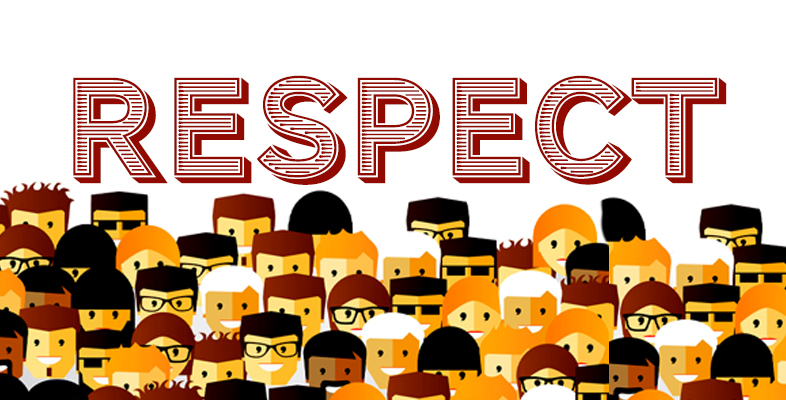1.4 Guidance on showing respect
Guidance within different professional ethical codes of practice will refer to respect. In Activity 2, you will start to find your way around the professional codes of ethics most relevant to you, three of which you were introduced to in Session 3.
Here is one example from the British Psychological Society’s Code of Human Ethics
Psychologists have respect for the autonomy and dignity of persons. In the research context this means that there is a clear duty to participants. For example, psychologists respect the knowledge, insight, experience and expertise of participants and potential participants… Given this level of respect psychologists are naturally willing to explain the nature of the research to which participants are being asked to contribute, and to avoid any unfair, prejudiced or discriminatory practice, for example, for example, in participant selection or in the content of the research itself.
Activity 2 Respect mind map
- Go to one of the professional codes covered in Session 3 Activity 3, now shown below (make sure to open this link in a new tab/window so you can easily return to this page).
- Association of Internet Researchers (AoIR) (2020) Internet Research: Ethical Guidelines 3.0 [Tip: hold Ctrl and click a link to open it in a new tab. (Hide tip)] .
- British Educational Research Association (BERA) (2018) Ethical guidelines for educational research.
- British Psychological Society (BPS) (2014) Code of Human Research Ethics.
- Search for the word ‘respect’ in a section of interest to you.
- Make a diagram or mind map to show the links between respect and other key ideas you have met in other sessions. For example: respect and obligation, dignity, privacy.
- Keep adding any examples or references to respect as you come across them (you may share your mind map in the course forum later).
